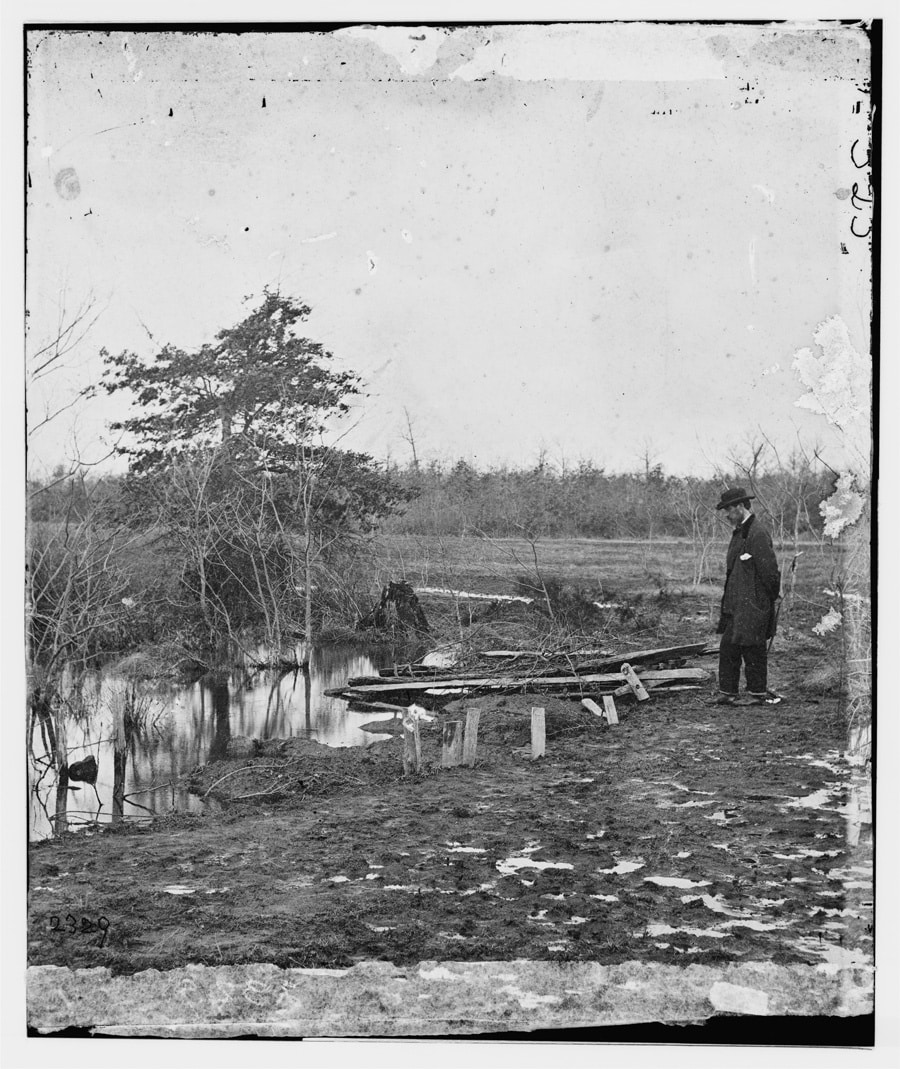“There Will Never Be Another Battle”
Before July 21, 1861, the United States had never experienced a day like that Sunday. The bloodiest day of the Revolutionary War saw approximately 1,500 casualties combined between British and American forces. In the War of 1812, the deadliest day came on July 25, 1814, with around 1,720 casualties during the battle of Lundy’s Lane.
But by the end of July 21, 1861—after roughly 12 hours of fighting near Manassas Junction—about 900 men lay dead and another 2,500 were wounded. When Americans, North and South, awoke on July 22, they had just passed through the bloodiest day in the young nation’s history.

Private Berrien M. Zettler of the 8th Georgia Infantry, walking among the dead and dying after the battle of First Manassas, reflected somberly: “Surely, surely, there will never be another battle.”
Zettler’s sentiment echoed widely across both the United States and the Confederacy in the aftermath of the Civil War’s first major clash. Was this truly how the nation’s differences—over 85 years in the making—were meant to be resolved?
Sadly, as we know, there would be another battle. And another. And another. As the war dragged on, the scale of death and destruction far surpassed that of July 21, 1861.
When I conclude my First Manassas battlefield tours, I often tell visitors that, up to that point, July 21 had been the bloodiest single day in both the Civil War and U.S. history. One day, I began to wonder: by the end of the war, where did that day rank among the conflict’s deadliest?
Calculating Civil War casualties is far from an exact science, and this exercise proved no exception. After identifying battles bloodier than First Manassas, I attempted to break down casualty numbers by day. Though the methodology has its limitations, my research suggests that July 21, 1861, ranks as the 32nd bloodiest day of the Civil War.
Thirteen months after questioning whether any single day could rival the horrors of First Manassas, Zettler was wounded in brutal combat on the final day of the Second Battle of Manassas, August 30, 1862. It would be only one of many such battles he endured before the war’s end.
Written by David Holmes Conrad and carved on the tomb of his two sons Holmes and Tucker
July 21-22, 1861 Manassas:
Brothers in blood, in faith
Brothers in youthful bloom
Brothers in life
Brothers in death
Brothers in one same tomb
Well fought they the good fight
in death the victory won
sprung at one bound to heaven’s light
and God’s eternal son
https://www.findagrave.com/memorial/53638180/holmes-addison-conrad